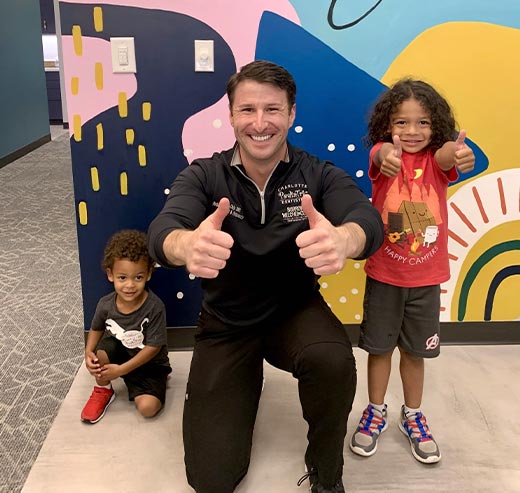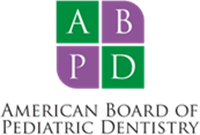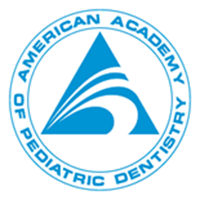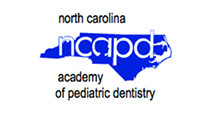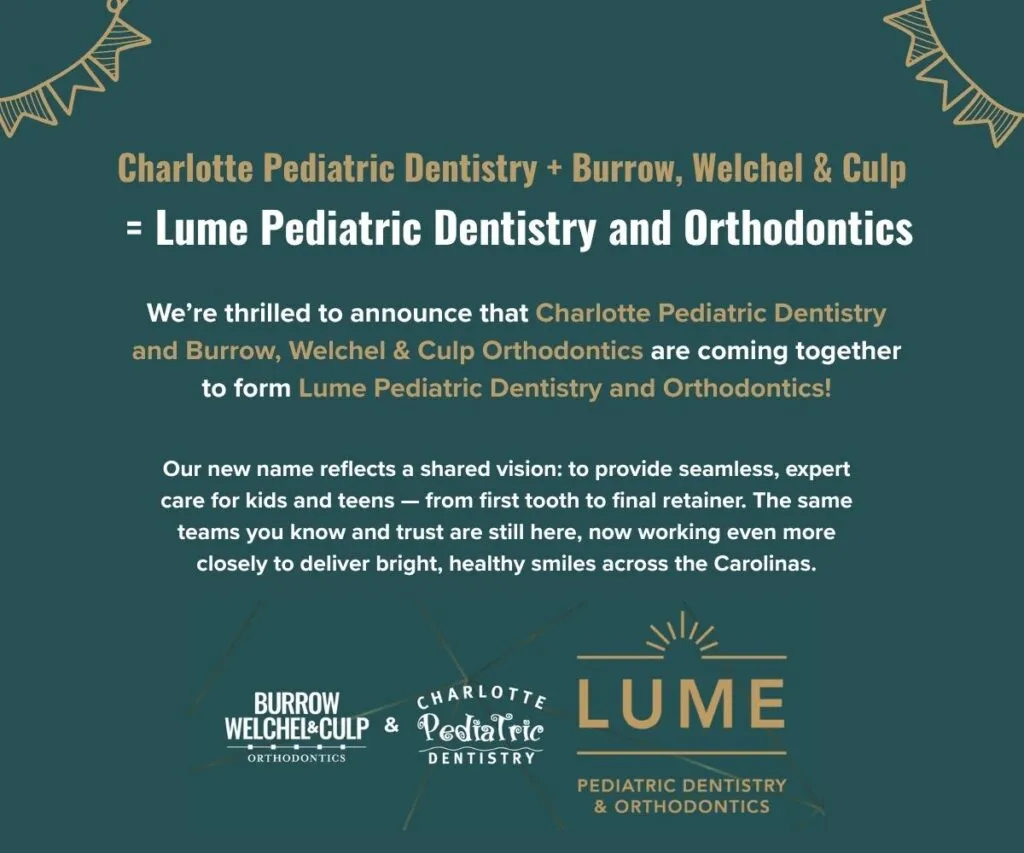Gingivitis is not a disease that many people associate with children. Though it is not prevalent in children, gum disease can rear its ugly head if your child has poor dental habits and doesn’t receive regular pediatric dental care.
Because teenagers have increasingly high levels of hormones, they tend to be more at risk for gingivitis and early periodontal disease than younger children. Their gums are more susceptible to irritants.
There are three different childhood periodontal diseases that pediatric dentists use to categorize symptoms and severities.
Chronic gingivitis causes gums to swell and occasionally bleed, usually during brushing, flossing, or eating. Though serious, chronic gingivitis is treatable and preventable with a regular healthy dental routine. If your child has consistently bad breath, this might also be a sign of chronic gingivitis.
It is a common misconception that “just a little blood” during brushing and flossing is harmless. Bleeding gums is your mouth’s way of signaling that a bigger problem lies ahead if action is not taken now.
Aggressive periodontitis can affect young people who are otherwise healthy. The reason it is categorized as aggressive is because it progresses rapidly. Aggressive periodontitis is most commonly found in teenagers and young adults, and mainly affects the first molars and incisors. A common symptom of aggressive periodontitis is severe loss of alveolar bone. An excess of plaque and calculus does not have to be present in order to develop this gum disease.
Generalized aggressive periodontitis typically occurs during early stages of puberty. Symptoms include inflammation of the gums and excessive plaque and calculus buildup. Sometimes teeth can become loose if the disease has progressed.
There is good news - all of the above can be treated!
Pay attention to your child’s brushing habits and watch for the signs of gingivitis, such as bleeding, swollen, or receding gums. With little ones, be sure to assist them with brushing. When they start independently brushing and flossing, be sure to pay attention to their technique and timing.
Enforce good dental hygiene habits at a young age in order to prevent cavities, gingivitis, and early periodontal issues. The earlier oral health becomes part of your child’s routine, the healthier they will be.
Schedule regular pediatric dental visits for checkups and evaluations. If any of the above symptoms are affecting your child, your pediatric dentist will be able to determine the best course of action.
If your child is experiencing any of the above, or their dental habits are a concern to you, contact us to schedule an appointment. We will happily give your little one an examination and discuss the best short-term and long-term treatment plans.

